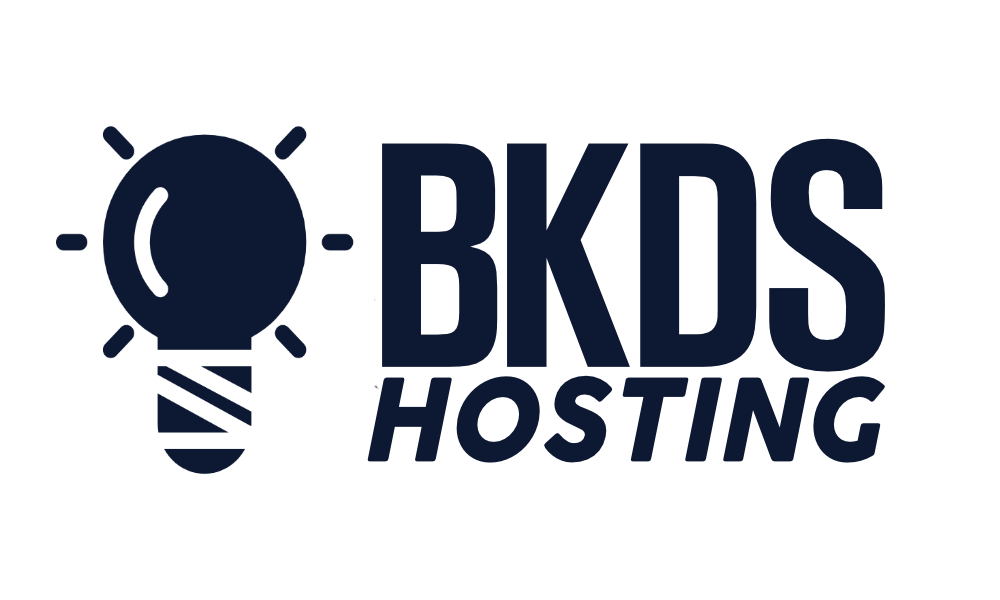In today's digital age, the significance of a robust and reliable online presence for businesses, particularly for small and emerging enterprises, cannot be overstated. The uninterrupted functionality of a business's website plays a pivotal role in maintaining customer trust, enhancing brand perception, and ultimately, driving sales. However, when a business's website experiences downtime, the implications can be far-reaching, often resulting in a ripple effect that significantly impacts its bottom line. This discourse intends to shed light on the various ways in which website downtime can affect small business sales, a crucial yet often overlooked aspect of digital business operations. The ensuing discussion should stimulate further exploration into the strategies that could potentially mitigate these undesirable impacts.
Evaluating the Impact of Downtime

In order to accurately assess the detrimental influence of website downtime, it is critical to consider not only the direct financial implications, but also the potential erosion of customer trust, damage to brand reputation, and the ripple effects on social media perception. As every minute of website downtime can severely affect your business, this is a crucial aspect that requires detailed scrutiny.
The direct financial impact is one of the most observable aspects of website downtime. It can impede the ability to Generate Revenue due to lost sales and missed opportunities. Beyond these immediate losses, consistent website downtime can instigate customer questions about the safety and reliability of your business's online presence, swiftly eroding the hard-earned trust.
Moreover, damage to brand reputation, often a culmination of lost trust and negative customer experiences, can be a more enduring issue. In today's digital age, social media amplifies this impact. Negative comments and complaints can significantly influence public perception, with ripple effects extending far beyond the actual duration of the downtime.
In evaluating the impact of downtime, utilizing website monitoring services can offer data-driven insights, supporting businesses in mitigating these risks. By understanding the full scope of how website downtime affects their operation, businesses can strategically innovate to minimize these potential losses.
Downtime and Customer Perception
While the tangible financial consequences of website downtime are readily apparent, the less quantifiable, yet equally detrimental, impact on customer perception demands careful consideration. This is because website downtime can negatively affect your brand image, causing customers to question the reliability and quality of your product or service, and subsequently affecting small business sales.
In today's digital age, a single negative experience can be magnified exponentially through social media, amplifying the damage to your brand. Therefore, downtime and customer perception are intrinsically linked. A proactive approach to managing website downtime is crucial to maintaining a positive online presence and trust among your customers.
Investing in website monitoring services can help businesses anticipate and address downtime promptly, minimizing the duration of the outage. This not only mitigates potential financial losses but also shows customers that the business values their time and experience, thereby reinforcing a positive brand image.
Lost Sales During Website Outages

Potential customers who encounter website outages may quickly turn to competitors, leading to immediate lost sales and a damaging reduction in customer acquisition and retention rates. Every second of website downtime equates to lost opportunities, reduced small business sales, and a compromised user experience, which can have far-reaching implications.
Consider the following aspects:
- Lost sales during website outages: Even brief periods of website downtime can lead to significant revenue loss. The longer the outage, the greater the impact on sales.
- Customer acquisition and retention: A reliable website is key to attracting and retaining customers. Frequent outages may deter potential customers and diminish loyalty among existing ones.
- Brand reputation: Consistent website downtime can harm a business's credibility and reputation, leading to lost sales and customer trust.
- Social media fallout: Negative customer interactions due to website downtime can further damage a brand's reputation and result in lost sales.
In the era of digital innovation, businesses must prioritize website uptime to ensure they capitalize on every potential sale and foster a positive customer experience. Utilizing website monitoring services can enable rapid response to website outages, minimizing downtime and its associated costs.
Competitor Advantage During Downtime
Exploiting the opportunity presented by competitor downtime, businesses can strategically position themselves as a reliable alternative, thereby attracting dissatisfied customers and reinforcing their own brand's reputation for stability and trustworthiness. When a competitor's website experiences downtime, it often leads to customer dissatisfaction. This provides an opening for businesses to leverage, redirecting customer traffic and purchasing decisions towards their own platform.
From a technical perspective, it is prudent for businesses to monitor competitor websites regularly and act promptly when a competitor's site experiences downtime. This proactive approach not only minimizes potential losses but also bolsters the company's image as a dependable choice. In this digital age, website downtime can have a significant impact on small business sales.
A business that ensures its website remains accessible during competitor downtime stands to gain a competitive edge. It can effectively attract and retain customers, who are likely to perceive the business as reliable and trustworthy. In conclusion, swiftly addressing competitor downtime can provide a significant advantage for small businesses, strengthening their market position and boosting sales.
Mitigating Downtime With Reliable Hosting

To effectively mitigate the detrimental effects of website downtime, small businesses should prioritize the selection of a robust and reliable hosting service. The right hosting service not only reduces the risk of downtime but also ensures optimal website performance, which is crucial for maintaining customer trust and loyalty.
Mitigating downtime with reliable hosting involves the following strategies:
- Choosing a hosting provider with a proven track record of uptime reliability and strong server infrastructure.
- Opting for a hosting plan that provides sufficient bandwidth and storage to handle peak website traffic and data needs.
- Implementing a website monitoring system to detect and address downtime issues promptly.
- Considering cloud-based hosting solutions for their scalability and redundancy benefits.
These strategies highlight the importance of a proactive approach in managing website downtime. It's not just about reacting to downtime when it happens but preventing it from happening in the first place. With the right hosting service, businesses can significantly minimize the impact of downtime on their sales and reputation. In conclusion, reliable hosting plays a pivotal role in ensuring website availability and, by extension, the success of a small business.
Conclusion
In conclusion, consistent website downtime significantly impairs small business sales, customer perception, and competitive edge. The resultant loss of sales, customer loyalty, and potential leads hampers business growth. Furthermore, negative word-of-mouth can damage the business's brand image. Therefore, investing in reliable hosting services is essential to mitigate downtime, safeguard customer trust, and ensure business sustainability. Businesses must prioritize website reliability to maintain customer satisfaction and capitalize on all potential sales opportunities.

